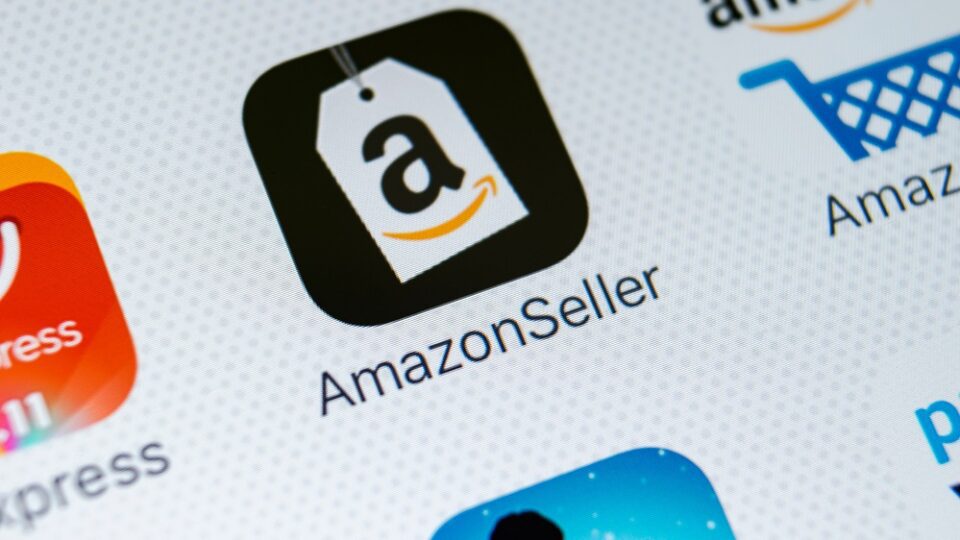With our Editor’s Perspectives column, you’ll get insights and opinions from the Retail TouchPoints editorial team as they dig into the latest trends in retail, marketing and tech.
One of the best courses I took back in college (I won’t say how long ago that was, but it was before smartphones and even faxes, so you do the math) was on labor history: unions, strikes, the Industrial Workers of the World or IWW (management at the time said the initials stood for “I Won’t Work”).
One of the most interesting things I learned was that in the 19th and early 20th centuries, some companies built what came to be known as “company towns,” owning not just the houses where their workers lived but the “Company Store” that they shopped at, as well as other essential services. While companies couldn’t force workers to live in these towns, they could make it so onerous not to do so that there wasn’t really any other practical choice.
The workers’ anthem Sixteen Tons contains this repeated refrain: “Saint Peter don’t you call me ‘cause I can’t go/I owe my soul to the company store.”
Companies could talk all day about the convenience this offered workers, but it also meant that it could set the prices on items those workers needed without fear of competition. And of course, operating a monopoly allows companies to do this writ large, affecting not just its own workers but also other businesses and ultimately consumers.
Amazon: Not a Monopoly but Acting Monopolistic?
There’s been lots of labor news this week, with the Writers Guild of America settling its strike while the United Auto Workers use a targeted strategy to get a better deal from automakers, but I wanted to talk about Amazon — and not about its anti-union activities. This week Amazon was charged by the Federal Trade Commission for multiple monopolistic practices. These include “burying” marketplace sellers who dare to sell their products for lower prices by putting them so far down in its search results as to render them “effectively invisible.” (SEO experts call the second page of any set of search results the dark side of the moon, because no one ever sees it.)
The FTC also has charged Amazon with making sellers’ ability to obtain Prime eligibility contingent on their using Fulfillment by Amazon (FBA) and other services that the company offers.
Amazon has disputed the allegations, as you might expect, and others also have criticized the FTC’s actions for focusing on actions that don’t appear to cause significant harm. In a LinkedIn post, Neil Saunders, Managing Director and Retail Analyst at GlobalData Retail, wrote: “The retail market in which Amazon operates is highly competitive. Indeed, retail is one of the least consolidated industries in the U.S. Even in the marketplace segment, Amazon isn’t a monopoly. There are plenty of other ways sellers can get their goods to market. However, many of them choose Amazon because it helps them succeed.”
Be that as it may, if the FTC can prove these allegations, it would put Amazon into the same category as the monopolists of the Gilded Age, building companies so large that they came to dominate their industries — not to mention the workers who actually performed the labor.
Essentially, Amazon is alleged to have established its own company town, only this time it’s not in a concentrated physical location but in cyberspace. Marketplace sellers are being offered a Hobson’s choice: sell at the price Amazon dictates, or don’t sell on the marketplace at all. And while there are other marketplaces (new ones seemed to pop up every day in 2022 and earlier in 2023), Amazon remains the biggest and most powerful in the U.S. and among the top marketplaces around the globe.
The FTC also had a few words about the impact of Amazon’s alleged actions on its customers, charging Amazon with “degrading the customer experience by replacing relevant, organic search results with paid advertisements — and deliberately increasing junk ads that worsen search quality and frustrate both shoppers seeking products and sellers who are promised a return on their advertising purchase.”
Even in a capitalist society based on competition, I’d argue that there’s a place for some monopolies — for example, public utilities, as well as startups that need to be protected from competition to gain a foothold. But in most cases there’s a good reason monopolies are dangerous: they concentrate power and reduce choice. It’s kind of ironic that Amazon, which has prided itself on being the Everything Store (and its marketplace makes that kind of longtail promise a reality), is being accused of severely narrowing choices for two of its key constituencies — its sellers and its customers.













